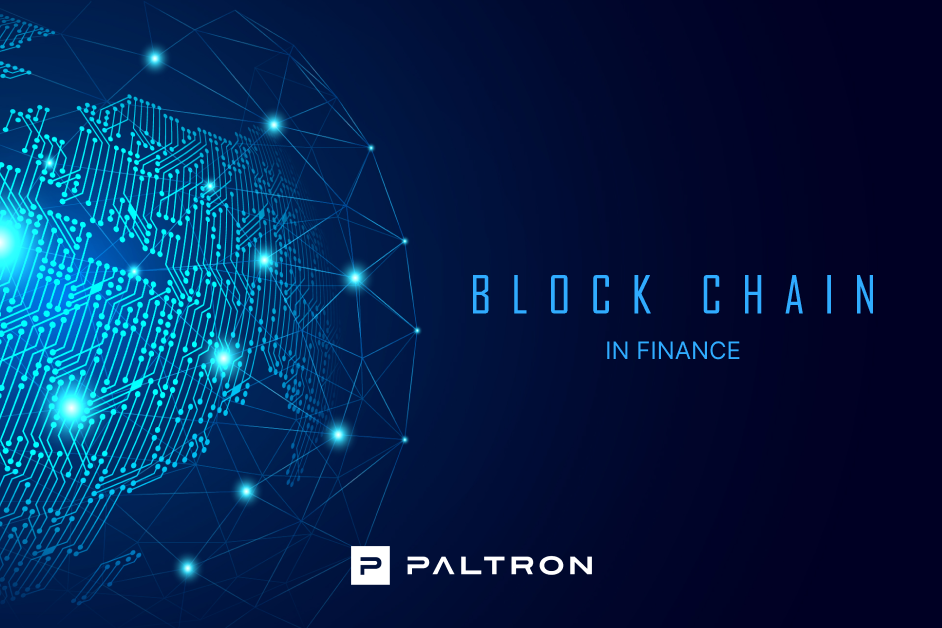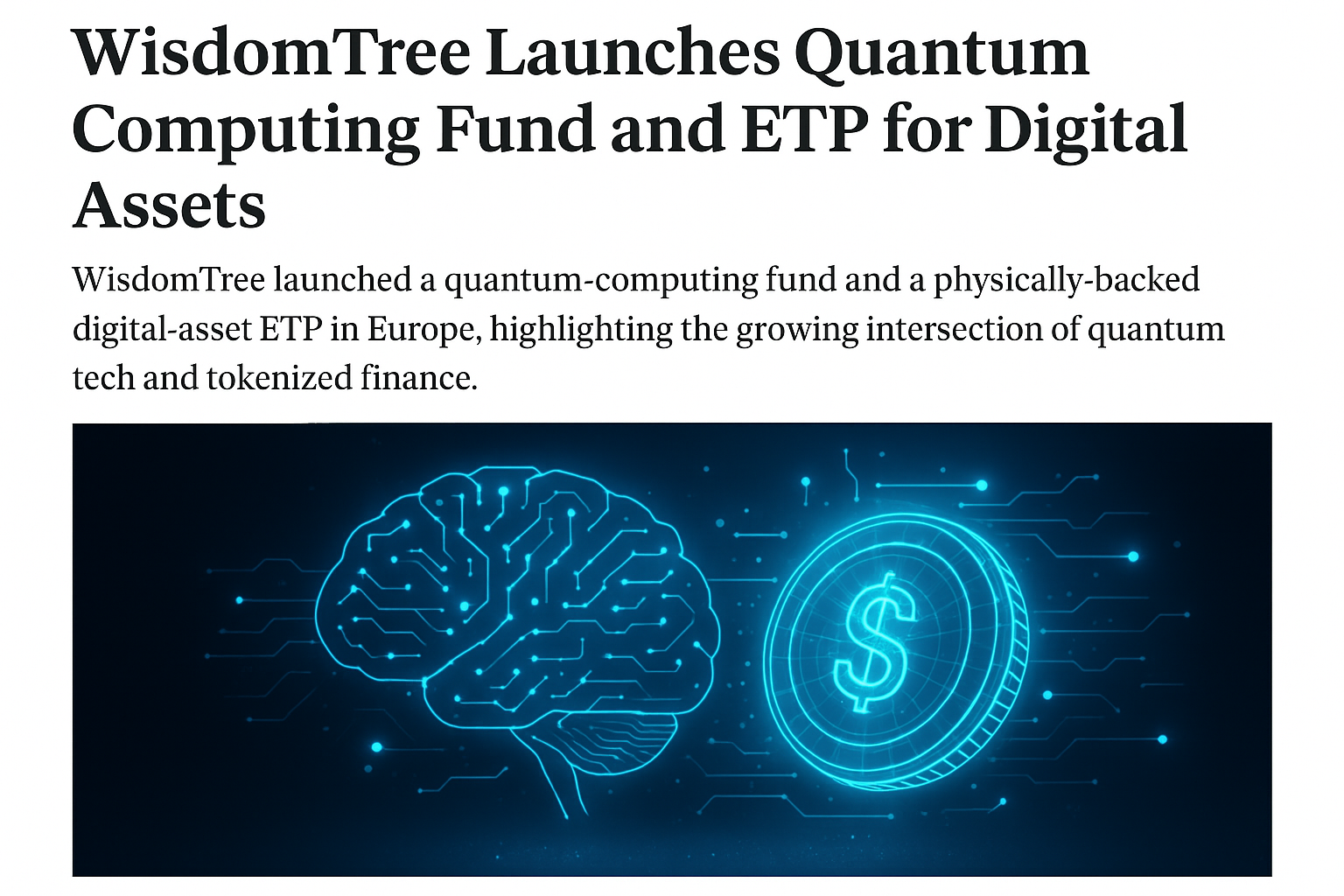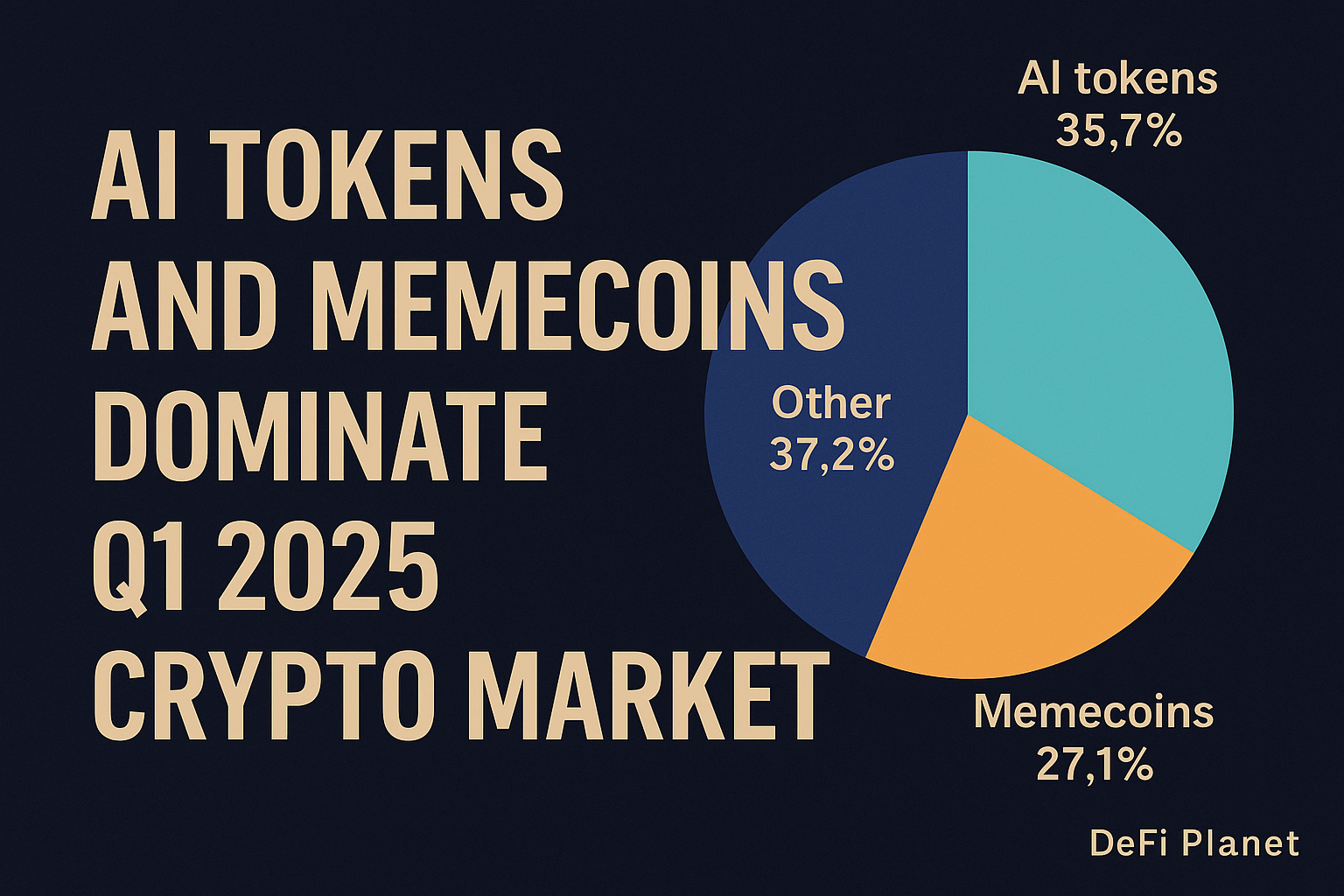The financial world is on the edge of a transformation that could reshape how value is created, stored, and exchanged. Robinhood CEO Vlad Tenev has made a bold prediction: tokenization is inevitable. According to Tenev, every major financial asset—from stocks and bonds to commodities and currencies—will eventually exist as digital tokens on blockchain networks.
“Tokenization is coming for all financial markets,” Tenev said in a recent statement to Business Insider. This isn’t just speculation from a crypto enthusiast; it’s a forecast from the head of one of the most influential fintech companies in the United States.
What Is Tokenization and Why It Matters
Tokenization is the process of converting traditional assets into blockchain-based digital tokens. These tokens can represent ownership of stocks, bonds, real estate, funds, or even commodities. Unlike traditional financial instruments, tokenized assets can be fractionalized, traded 24/7, and transferred instantly across borders.
For example, instead of buying a whole share of a stock, investors could purchase a fraction of a token representing that stock—making investment more accessible to millions of retail investors worldwide. Tokenization also introduces on-chain settlement, reducing clearing times from days to seconds and potentially lowering transaction costs dramatically.
Robinhood’s Strategic Position
Robinhood has already played a disruptive role in democratizing finance. The company made commission-free stock trading mainstream, catalyzing a massive wave of retail participation. Now, as the fintech landscape evolves, Tenev’s comments suggest Robinhood could become a major player in the next era of digital finance.
This aligns with Robinhood’s recent crypto expansion, which includes custody solutions, wallet infrastructure, and access to popular digital assets. With tokenization, Robinhood could offer a unified platform where users trade both traditional and digital assets seamlessly.
Why Tokenization Could Be Unstoppable
There are three key forces driving tokenization forward:
-
Efficiency Gains – Blockchain removes intermediaries, automating settlement and reducing costs.
-
Global Access – Tokenized assets can be traded from anywhere, broadening participation.
-
Regulatory Momentum – Governments and financial institutions are exploring tokenization to modernize infrastructure and increase transparency.
Major players like BlackRock, JPMorgan, and now Robinhood are publicly backing this shift. BlackRock’s CEO Larry Fink has called tokenization “the next generation for markets.” With this level of institutional support, the trend is becoming harder to ignore.
Challenges Ahead
Tokenization’s path to mass adoption isn’t without hurdles. Regulatory frameworks remain fragmented and inconsistent, especially across jurisdictions. Interoperability between blockchains and traditional systems must be solved. And perhaps most importantly, investor protection standards need to be modernized to reflect the unique risks of digital assets.
But as Tenev’s statement indicates, these challenges are viewed less as roadblocks and more as inevitable steps in the evolution of finance.
The Future: A Unified Financial Layer
Imagine a world where every stock, bond, or real estate property is represented by a token. Portfolios can be traded frictionlessly on global networks, with real-time settlement and programmable compliance. That’s the vision driving tokenization—and it’s one that could reshape global markets forever.
If Robinhood and other financial giants succeed, the lines between traditional finance and crypto may disappear altogether.




